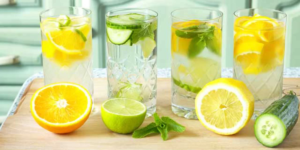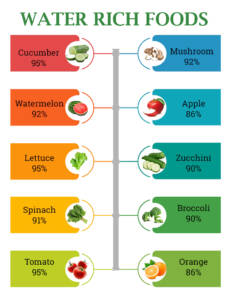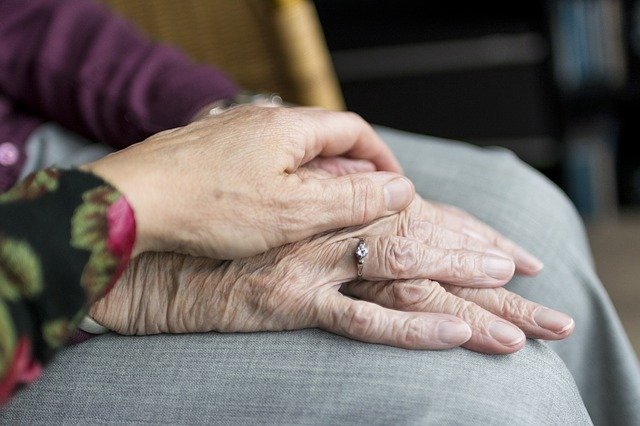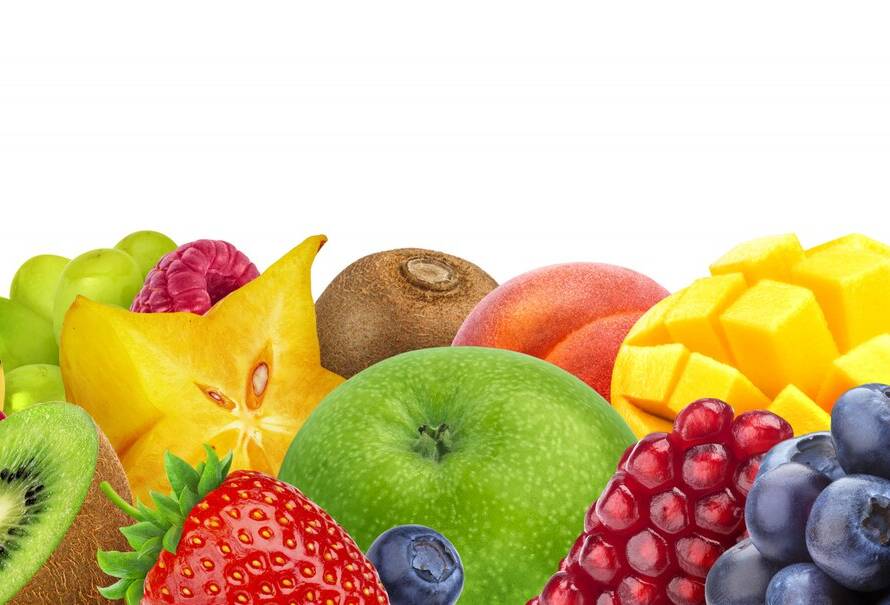Keeping hydrated is crucial for our health and wellbeing. Every system in our body needs water to survive. About 60 % of our body’ weight is water. Water plays a vital role in digestion, blood circulation, helps the body absorb nutrients and eliminate toxins and regulates body temperature. It also plays a vital role in our mood and cognition.
Normally, the body constantly gains fluid through what we eat and drink, and loses fluid through urination, sweating, and other bodily functions. But if we keep losing more fluid than we take in, we can become dehydrated.
Chances of dehydration increase in older adults as there may be
- Reduction in total body water content
- Reduced sensation of thirst
- Impaired kidney function
- Intake of medicines like diuretics and laxatives
- Restriction in fluid intake due to urine incontinence.
Various illnesses, infections and long periods of warm weather and heat waves may also increase the risk of dehydration.
You may be dehydrated if you experience:
- Fatigue
- Drowsiness
- Low attention span
- Dry mouth & lips and/or coated tongue
- Constipation
- Loss of skin elasticity
- Muscle cramps
- Dark colored urine or reduced urine output
- Headache
- Confusion
- Dizziness or lightheadedness after standing up
You may not have all of these symptoms at the same time, but all may be caused by not drinking enough fluids.
The consequences of dehydration
Even mild dehydration can adversely affect mental functions like memory, attention, concentration and reaction time and increase feeling of tiredness. Dehydration in elderly increases the likelihood of urinary tract infections, lung infections, kidney stones, constipation, low blood pressure and increased risk of falls.
Tips to stay hydrated this summer
- Consume between 1.5 and 2 liters of fluids per day.
- Drink small amounts on many occasions throughout the day rather than large amounts on only a few occasions.
- Our body is mildly dehydrated after sleep, so make sure to drink a glass of water as first thing in the morning.
- Keep a water bottle near your bed side or sitting area and carry one wherever you go.
- Add fruit or vegetables, such as lemons, berries, orange/ cucumber slices or mint leaves to enhance the flavour of plain water. You can even add ice cubes made from fresh fruit to a glass of water.

- If you tend to forget, set a schedule or calendar reminder few times throughout the day.
- Hydrate before, during and after exercise.
- Choose a variety of fluids based on what you like.
- Good fluid choices include coconut water, jaljeera (cumin water), aam pana (tangy green mango drink), herbal tea, vegetable juice, buttermilk, clear soup, low fat milk shake, smoothies.
- Eat fruits and vegetables with high water content like watermelon, musk melon, apricot, orange, peach, pineapple, apple, plum, cucumber, lettuce, tomato, zucchini, broccoli, green cabbage, mushroom, cauliflower, eggplant and spinach.

- Limit fruit juices and soft drinks as they are high in sugar.
- Limit tea and coffee. Caffeinated drinks contain water, and can contribute to your daily fluid intake, but they have a mild diuretic effect and cause your body to produce urine, which can lead to dehydration.
- Limit alcohol as it is a diuretic that causes your kidneys to produce large quantities of urine.



